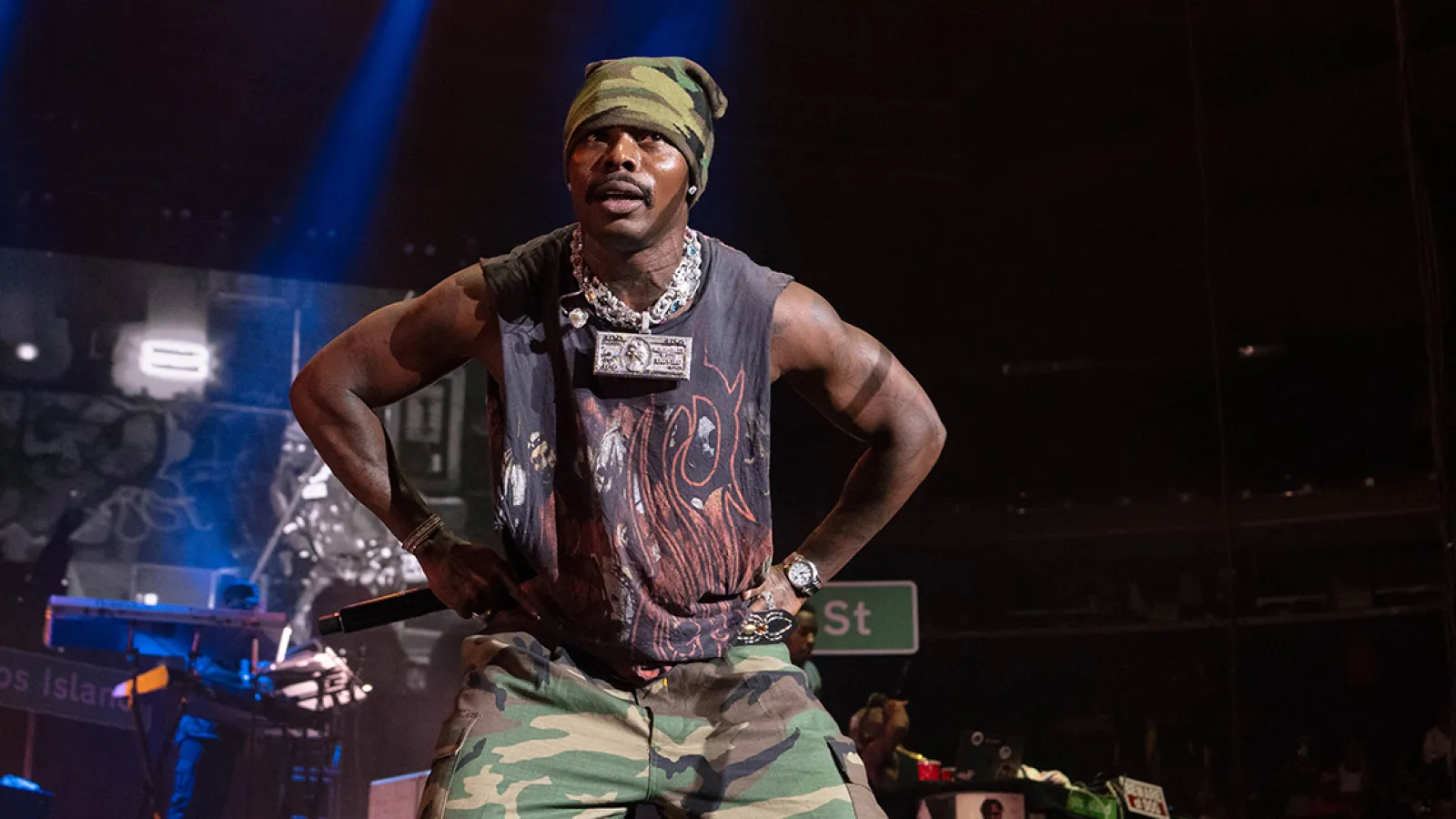Is Asake now making music for a foreign audience?

Is Asake Shifting Focus to a Global Audience? New Single Sparks Debate
Asake, the Nigerian singer-songwriter who rose to international fame with his unique blend of Afrobeats, Amapiano, and Fuji music, is facing questions about his artistic direction. The release of his new single, "BADMAN GANSTA" featuring French artist Tiakola, has reignited the debate about whether he is now prioritizing a foreign audience over his Nigerian fanbase.
From Local Sensation to Global Aspirations
Asake's rise to prominence was meteoric. His debut album, 'Mr. Money With The Vibe,' and subsequent project, 'Work of Art,' cemented his place as a leading voice in the Afrobeats scene. However, his third album, 'Lungu Boy,' released in 2024, marked a noticeable shift. While it included tracks like 'Ligali,' 'Mentally,' and 'Fuji Vibes' that resonated with his Nigerian audience, the album also incorporated more foreign elements, leading some to believe he was broadening his appeal.
Adding fuel to the fire, Asake spent December 2024 in the United States, a period when many of his contemporaries, including Davido, Burna Boy, Wizkid, Ayra Starr, and Rema, were performing across Nigeria. He has since established a presence in California, even launching his own marijuana strain, Giran. These moves, coupled with his departure from YBNL Records, the label that launched his career, have led some fans to question his commitment to the Nigerian music scene.
A Change in Sound and Strategy?
His first release of 2025, 'Why Love,' further solidified this perception. While the song retained familiar Afrobeats elements, Asake's delivery was noticeably different, sounding more paced and calculated, potentially to cater to international listeners. This shift in sound, combined with his extended absence from Nigeria, has raised concerns about his future direction.
The release of "BADMAN GANSTA" on July 25th, produced by P Priime, has intensified the discussion. The mid-tempo track blends Afrobeats with a Garage bounce, creating a sound that bridges the gap between Asake's Nigerian roots and Tiakola's French background. While Asake continues to sing in Yoruba, the collaboration aims to introduce him to a wider European audience. The song features lyrics where Asake acknowledges his Nigerian heritage while emphasizing his pursuit of personal and professional goals: "I be omo naija o / Living my life mi o sa o / Padi raba mon wa o."
Expert Perspectives on Asake's Trajectory
Music analyst, Osagie Alonge, notes that "Asake's trajectory aligns with the broader globalization of Afrobeats. Artists are increasingly seeking to expand their reach beyond Nigeria, and collaborations with international artists are a key part of that strategy. However, it's crucial for artists to maintain a connection with their core fanbase while pursuing global ambitions."
Another perspective comes from cultural commentator, Joey Akan, who argues that "Asake is simply evolving as an artist. The pressure to constantly replicate past successes can be stifling. Experimentation and exploration are essential for artistic growth, and Asake should be allowed to pursue his creative vision without being confined by expectations."
Historical Context: Afrobeats and Global Expansion
The question of balancing local appeal with global ambitions is not new to Afrobeats. Artists like Fela Kuti, King Sunny Ade, and more recently, Wizkid, Davido, and Burna Boy, have all navigated this challenge. Their success has paved the way for a new generation of artists like Asake, who are seeking to further expand the reach of Afrobeats on the world stage. The genre's growing popularity has created opportunities for artists to collaborate with international stars, perform at global festivals, and sign deals with major record labels.
The Future of Asake's Sound
As Asake prepares to release his fourth album, tentatively titled 'MONEY,' the direction of his music remains a subject of speculation. The album's sound, production, and overall approach will likely provide further insights into his intended audience. While his use of Yoruba will always connect him to his Nigerian roots, the extent to which he incorporates other Afrobeats elements will be crucial in determining whether he is primarily catering to a domestic or international audience.
Ultimately, only time will tell whether Asake's strategic shift is a successful move towards global domination or a misstep that alienates his core fanbase. His upcoming album will be a critical test of his ability to balance artistic evolution with the expectations of his Nigerian audience, while simultaneously appealing to a wider international market.
Originally sourced from: pulse Ng
